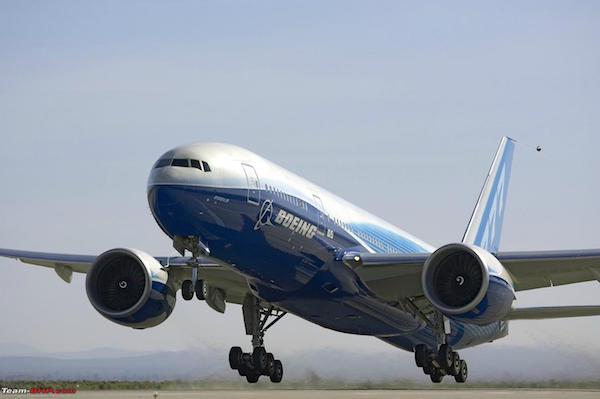Thousands of passengers had their journey disrupted after British Airways IT system broke down on May 27, leaving Heathrow and Gatwick airports flooded with baggage and customer complaints. Although expensive and disappointing, similar outages are far from odd.
Just in the past twelve months, IT system meltdowns enraged the customers of Delta, Lufthansa, American Airlines, Air France, United and others. And if you look a year – or even a couple of years – back, you will find a pattern of computer problems, causing millions in losses. So what is the mysterious “IT curse” airlines are experiencing and why does this story keep repeating itself?
There is no definitive answer to why airlines keep having similar problems. Airlines and airports are pretty secretive about the issue too. When an airline cannot avoid making a comment, the most common excuse is to blame “power outage problems” for IT system malfunctions. But this version is critiqued by IT professionals, who point out that airlines must be REALLY unwise not to have such a simple thing as power backup when this could save millions in damages.
A more likely reason why airlines’ computers suffer frequent meltdowns could be within the systems themselves. This is a complex issue, as some of these systems have been written decades ago. New updates must not only function flawlessly, but also be compatible with the system itself, which, in turn, might be super complex because of all the previous updates. No surprise that such a structure is hard to maintain or uphold.
One possible explanation states that computer malfunctions keep happening because airlines’ IT systems are older than the Giza pyramids. For instance, American airlines are using SABRE booking system since 1964, while the crashing Delta’s system is much younger – only 35 years old. A similar problem is also recorded among major US banks that still use systems written in COBOL and FORTRAN – programming languages from the 1950s.
Besides, the most obvious problem with this phenomenon – the OLD systems crashing– there are all sorts of extra problems, such as the lack of staff who can understand and work with these systems, as many those specialists are retiring now.
Just like in the bank’s case, replacing the systems with brand new ones is not as easy as it seems. It would require dealing with countless data kept by the old systems, which, in turn, would cost millions and take ages. That is not to mention possible risks of new systems just not working properly.
Therefore, the transition from old to new systems requires a step-by-step approach. But it, although more secure and less costly, also has its flaws. The main problem is the complexity, arising from when the old code meets a new update.
The airlines’ booking systems thus become a mishmash of different sorts of codes, problems of the old systems, dilemmas of the new updates, the theories on how things should work and so on.
Furthermore, with the recent wave of mergers and partnerships based on booking systems conjunctions, the old booking systems are now often synched with other booking systems, which causes even more problems as now the software and hardware has to be aligned, including details such as equipment maintenance, computer system integration and so on. And there are airlines, like Delta, for example, that use not one, but several booking systems!
So, how likely are the airlines to solve their computer meltdown issues and avoid those embarrassing moments once and for all? Not likely. At least not in the nearest future.
Some airlines (for instance American or Delta) have already announced overhauling their old systems. Despite billions put into this, the process will take time. How much? It is unclear. Some experts say that for an airline like Delta to replace its booking system (at least one of them) it would take around five years. But no one knows for sure.

